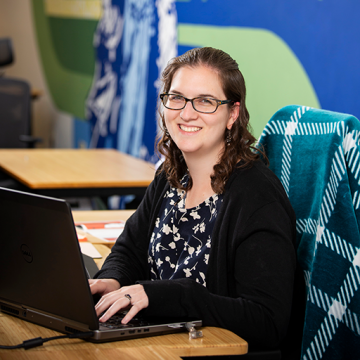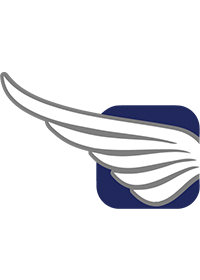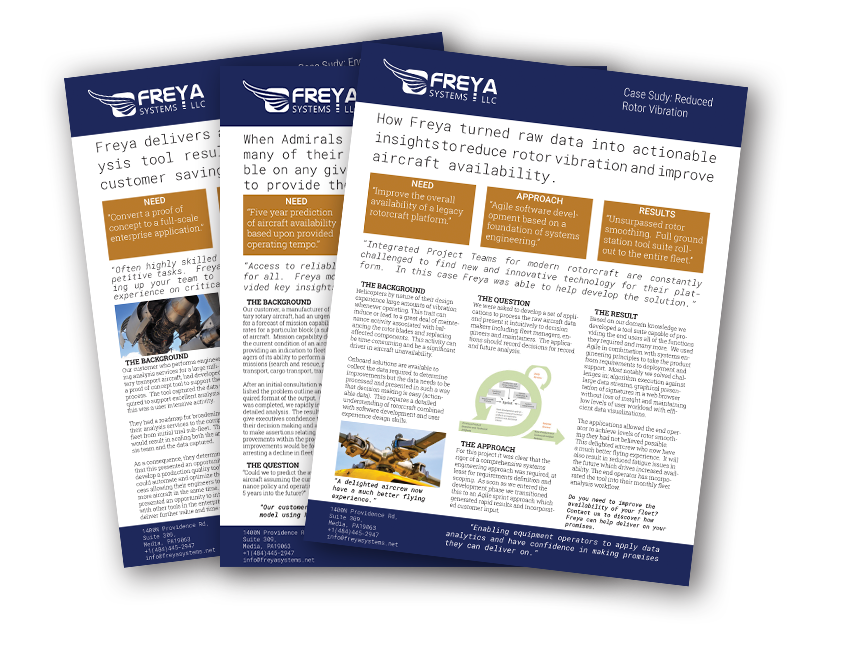
Until I figured that out, I worked as a lab tech doing polymer research for the first four years after grad school. This didn’t exactly fulfill that role that I had set out to accomplish. I had a math degree, but I wasn’t using it, though I did love all the time that I was able to use data in the scientific method and in calibrating instruments. We didn’t always have time to do as many experiments as was needed to help us understand the different variables involved. There also wasn’t enough consistency in things like room temperature, condition of samples, or even technique between different technicians, and that negatively affected how we were able to summarize our results into one cohesive story.
Due to department restructuring and lack of research funding, I was one of the ones affected by department layoffs but was fortunately provided with outplacement services at Right Management to ease the transition to a new job. While exploring options with their career consultants, I heard about Zip Code Wilmington, a non-profit programming bootcamp. They had recently worked with someone who had success transitioning from the chemical industry into software development at that bootcamp. I saw how that learning programming would help me apply my mathematical skills in the workplace. Data Science was a fairly new term to me, but once I understood it, I saw myself eventually working toward being a data scientist once I had spent a few years in a software development role, ideally in a scientific/engineering environment.
I was excited to find a path toward a new goal, and so I studied extremely hard from the moment I applied to Zip Code until job interviews in the final week of the program. Programming was just as fun as I had remembered, so I was able to focus my whole life around building the skills I needed. The last time I had done much programming was in the high school robotics club where I learned C to control our robot for the FIRST Robotics Competition. This previous experience allowed me to keep up with assignments and to help others who were trying to catch up, while we were all constantly balancing time just to eat and sleep. It was harder once we started brand new topics like full web applications that included front and back end components, where errors were not as simple as syntax or logic errors. My favorite projects were the HackerRank challenges that resembled puzzles to solve, where problem solving skills and pattern recognition was important.
Initially, what drew me to Freya Systems was that they were looking for someone with a statistics/programming background to grow into a Data Science role, which aligned with my newly realized goals as well. I liked the small, open atmosphere that was similar to Zip Code, with friendly and collaborative people, and while the culture is easygoing, the work is important. Everyone there seemed to value achievement and security, while simultaneously having a good time. The first few days at my new job were fun, where I had the opportunity to learn a lot via Datacamp Python tutorials and a little bit with V-22 data. As the weeks went on, I worked on some small projects and got great feedback which kept me motivated, and I worked closely with our Senior Data Scientist to help him solve problems. It has been a fun, open, collaborative environment with a lot of projects and responsibilities that are stable yet continuously challenging.
Now, after having worked at Freya for over a year, I am glad to have found a small company where I can get to know everyone and feel like family. Everyone cares about their work because they can see how it impacts the company. I love that we are always encouraged to learn new skills. Also, working with Boeing data is cool because there are a lot of problems to solve, and we can use a lot of higher-level mathematical models to help. I hope that my work on predictive models helps their engineers be more prepared, whether that is with stocking certain parts, or understanding when there may not be enough aircraft ready to fulfill requirements, or detecting failures before anything critical happens and they cause further issues. I feel like I am helping to solve tangible problems in a way that not many people can because of the math/statistics/engineering/programming background needed to develop these solutions, and that makes me feel very valuable. I would tell anyone considering working for Freya that I feel like all my work is appreciated, we all respect each other, we are all committed to efficient high-quality solutions, and we enjoy working together in the office!


